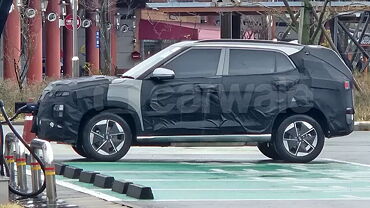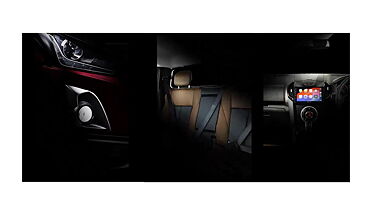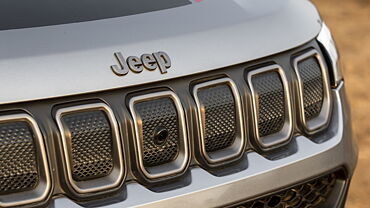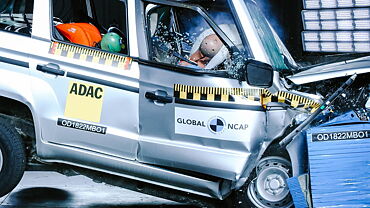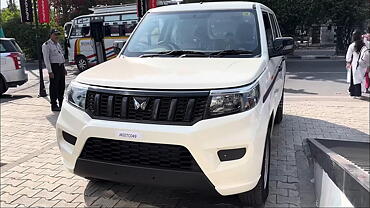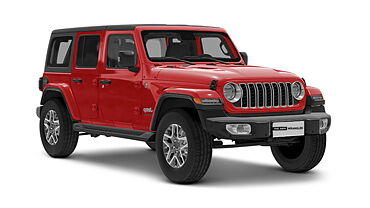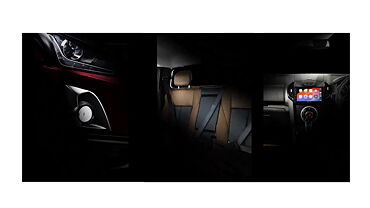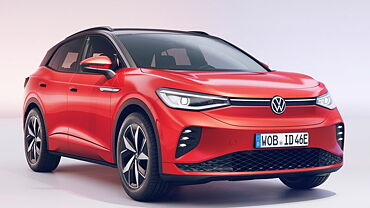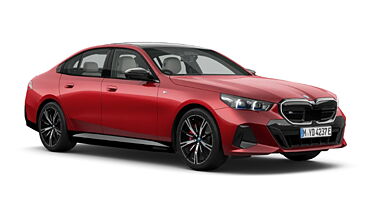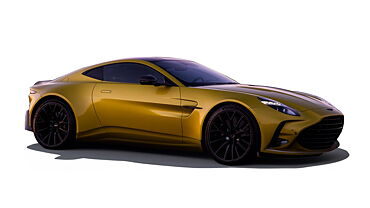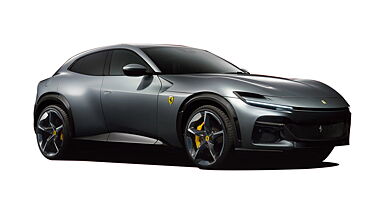Recently, premium hatchback segment has been facing a lot of competition with major car makers like Hyundai, Volkswagen, Renault and Maruti Suzuki launching their various models to gain a significant market share. No doubt Hyundai i20 has been a clear winner in the segment but at present new cars are propping up in order to challenge Hyundai's premium model. Following the same, a few months ago, Renault India launched Pulse, which has been derived from the Nissan Micra, which triggers a bigger question that how Pulse squares against the hot selling Hyundai i20.
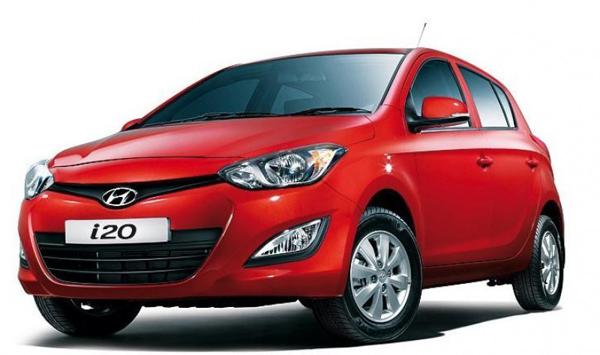
On comparing both the cars in terms of their performance, Hyundai i20 is provided with a 1.2L Kappa2 engine that gives away 84 bhp of peak power while Renault Pulse is equipped with a 1.2L engine that produces 74.9 bhp. Hence, clearly with more power i20 scores above Pulse in engine and performance department. In terms of space and comfort, i20 is clear winner, which is quite evident from overall dimensions of it as compared to compact Pulse. The i20 is 190 mm longer, 45 mm wider and 75 mm longer wheelbase as compared to Pulse. Apart from it, on the inside with more luggage and boot space, i20 is a clear chit winner in these aspects also.
The overall designing of Hyundai's hatchback is based on the fluidic terminology, which the company has actively used on its a number of models. The car was recently given a facelift by the auto maker and has been now offered with more smoother creases and curves like the rest of fluidic design models such as Verna and Elantra. Also, the new headlamps and tail lights give a more youthful look to i20. While for Pulse, the hexagonal radiator grille along with new headlamps provide a sharp look to its front fascia. The sides of i20 are somewhat similar to Micra while the tail lights again away an impression of Micra based design.
With regard to features, the base variant of Pulse and i20 are equipped with features like air conditioner and power steering, along with a driver side airbag is offered in Pulse for enhanced security, which gives it an edge over i20. The top-end variants of i20 and Pulse are provided with start/stop button, automatic climate control, dual airbags and Anti-lock Braking System (ABS) with Electronic Brake-force Distribution (EBD). However, the top variant of i20 Asta(O) come fully loaded with six airbags, sunroof, rear camera and rain sensing wipers.
The most important factor for any car is its pricing and fuel efficiency. Hyundai's hatchback i20 is priced more than Renault's pulse, taking in account the ex-showroom prices of their base variants. While comparing fuel efficiency, both the models give away almost the same mileage as i20 returns 18.5 kmpl while Pulse gives 18.06 kmpl. Hence, the competition in terms of mileage is neck to neck.
So while choosing between Hyundai i20 and Renault Pulse, i20 offers a superior ride quality and additional features as compared to Pulse. Pricing of Pulse is attractive but provided with a number of additional features in i20, one cannot ask for more. Moreover, the trusted name, excellent service network and after sales service of Hyundai gives an edge over to i20. On the other hand, Renault has just a new player in the Indian car market, which is trying to establish itself that can take a considerable time, making another reason for choosing Hyundai i20 over Renault Pulse evident. With Renault Pulse fizzing out in front of Hyundai i20, it seems that long unchallenged position of i20 as the premium hatchback in the Indian car market will be retained by it in the coming months.



![Hyundai i20 [2020-2023] Hyundai i20 [2020-2023]](https://imgd-ct.aeplcdn.com/160x89/n/cw/ec/40530/i20-exterior-right-front-three-quarter-5.jpeg?q=80)

